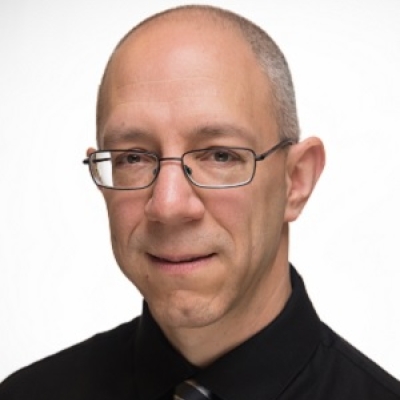There are three terms and phrases that I wish we could ban from the education sphere--terms that I feel are standing in the way of meaningful dialogue and the proper, productive focus of discussion.
1. “Our Kids”
Except in cases of “wards of the state,” children do not belong to school districts, charter schools, city governments, or state departments of education. Yet that term, “our kids,” can be found in quotes from school-district officials all over the media when discussing transportation, open enrollment, and school funding. “Our kids,” as used in these examples, is a language of possession and ownership, usually linked to money. It is at once patronizing and simplistic, reductive, and exclusive.
Even a benign use of “our kids” in this context is archaic and out of touch with reality; in fact, the ownership sentiment has been out of touch since open enrollment began in 1989, and the pace of change only accelerated from there. Today, nearly 120,000 children attend a charter school, and another 30,000 or so students attend a private school via a voucher. More than 70,000 students attend a school outside of their district of residence through interdistrict open enrollment. And countless others participate in intradistrict choice, early-college high school programs, and a burgeoning career-tech sector.
The “assigned” district feeder pattern that locks children into a predetermined sequence of schools that “owns” them and passes them along from building to building throughout their K–12 experience is virtually extinct. The sooner we can stop thinking in 1950s terms, the sooner we’ll be able to put students front and center in every educational discussion; to meet families where they are; and to address the educational needs of their children without regard to the “funding deducted” and how much it costs to transport “their kids.”
To the extent that parents choose the educational setting that is best for their children—and that is an increasingly common situation—parents confer responsibility for education to schools but not ownership of that child for her entire school career. Many school leaders get it, but too many still have their head in the sand and obstruct progress through outdated modes of thinking and speaking.
2. “Default option”
The next term I’d like to banish is “default option.”
This is really an oxymoron: “default” is the furthest thing from an “option” and vice versa. But in practice, the term is a cover for lack of information and outright dismissal of any real choice. It is also used as a stick with which to beat folks who dare to look around for another school than the one their children are zoned to attend.
What if there was no such thing as a default? What if no student could enter school without their parent or guardian making an affirmative choice, even if they end up attending the same building their grandparents did because they still live in the same neighborhood? Such a scenario would be tricky and require a much more open-minded system than we have right now, but it is doable. Step one would be to ban the “default option.”
Centralized one-stop application for all school options, anyone?
We have seen great strides away from these creaky old traditions in Cleveland, but “feeder patterns” are still the rage for many in Columbus and other districts, even when a good idea for change comes along. Hopefully the realities of school choice and the power that it gives to parents will put an end to “default options” sooner rather than later.
3. “Public common school”
Probably the most controversial of all my wishes is the disposal of this phrase, which has its basis in the Ohio Constitution and is used as both shield and club by a cadre of traditionalists with regard to school funding, the governance of charter schools, and the mere existence of vouchers.
But this phrase is more of a barrier than anything. Behind that barrier are unlimited options for parents; full funding for students, whatever their educational setting; and innovation for educators. This is a barrier constructed and buttressed by folks who seem to believe that the 1950s were halcyon days. But halcyon for whom?
When it was felt that the “public common school” should be fully extended to all races in the 1960s, we got court challenges and cries that “our kids” shouldn’t be bused across town.
We were warned about A Nation at Risk in the 1980s, and decades later, instead of a successful tackling of the problems identified, we have groups bucking standards, assessment, accountability, and quality options all in the name of preserving the system of “public common schools”—a system of common schools that barely exists anymore, is apt to be dysfunctional, and whose leaders regularly talk more about what they “own” than what they’re obligated to give.
While the cadre is currently baying loudly about the possible removal of the words “thorough and efficient” from the Ohio Constitution, I think the education subcommittee of Ohio’s Constitutional Modernization Committee should really start by hitting delete on the phrase “public common school” in favor of something more modern and relevant.
***
There you have it: addition by subtraction—a modest proposal to improve education discourse by eliminating three phrases that either just don’t matter anymore or hold us back.
